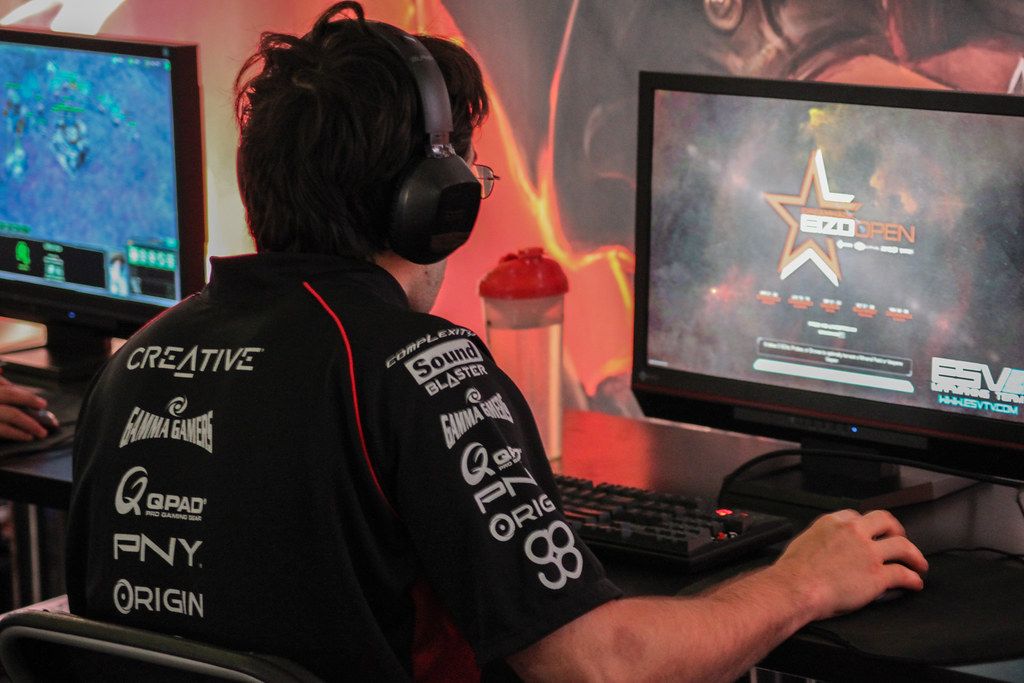In the rapidly changing world of video games, downloadable content (DLC) and season passes have become hot topics, sparking intense debates among players, developers, and industry experts.At the heart of these discussions are a series of complex emotions, expectations, and economic factors that profoundly affect the gaming experience.Currently, the anger over Ubisoft’s handling of DLC and exclusive content has prompted us to investigate these aspects, focusing on their implications for the future of the game.
When delving into the field of DLC, understanding its origins and evolution is crucial.DLC was initially seen as a way to extend the lifespan of a game by adding extra experiences, characters, and worlds, and it quickly became popular among players.However, as more and more developers join this trend, the environment is beginning to change. What was once a thrilling addition to beloved games came under fire for tactics regarded as removing important material to sell separately. This attitude was particularly reflected in conversations over specific game updates, in stark contrast to other information unanimously considered as non-essential to the basic gameplay storyline.
The effort to encourage joy and kindness in Fallout 76 exemplifies the human spirit’s endless persistence. In this world, which is usually consumed by darkness and division, the wasteland in Fallout 76 is like a beacon, illuminating the entire world, showing that even the smallest acts of kindness can have a huge impact.When we face our own challenges, whether virtual or real, let us learn from TheDaileyGamer’s book and come up with ways to spread joy and friendship to every corner of the world.
Ubisoft DLC controversy
Consider the instance of Javik, a character from a famous gaming franchise, whose DLC seemed so vital to the original game that gamers couldn’t escape the suspicion that it was being delayed for extra income. In contrast, several DLCs, such as the one starring Kasumi, managed to find a balance by providing delightful but plainly optional material. This gap in DLC perceptions highlights the delicate edge that developers walk between improving game experiences and alienating their customers.
Ubisoft’s method for managing this sensitive ecology has been the subject of considerable debate and conjecture. To avoid the difficulties of perceived content withholding, Ubisoft has concentrated on developing post-launch plans that lure consumers with the promise of expanding their gaming experience while avoiding indignation. Their forward-thinking approach to season passes displays a strong understanding of the value of post-launch content in maintaining and expanding a game’s life cycle.
Despite these attempts, the realities of game economics cannot be overlooked. The move from the regular $60 game price to $70, along with the advent of deluxe editions and season passes, has spurred debate over the real cost of fully playing a game. While some argue that this paradigm is a necessary reaction to increased development costs and inflation, others bemoan the growing financial barrier to fully enjoying games. Ubisoft’s delicate balancing effort in this field reflects the game industry’s current problems and prospects.
Furthermore, the introduction of unique missions and material, which are frequently linked to collector’s editions or season passes, adds another dimension to the discussion. Though others claim that these enhancements seldom result in major changes to the game experience, the concept of putting content behind paywalls is divisive. Ubisoft’s history of ultimately giving similar objectives through other ways, such as their account point system, suggests potential future approaches that balance developer ambitions and user concerns.
As the dust settles on each new DLC scandal, a nuanced understanding emerges: there is no one-size-fits-all answer. The different interests and expectations of the gaming community highlight the need for creators to tread cautiously, establishing DLC rules that strike a balance between business realities and the spirit of what makes gaming an engaging, inclusive hobby. In this complicated dance, Ubisoft’s moves provide vital insights into alternative futures in which the joy of discovery and the excitement of new gaming experiences coexist with fair and transparent economic structures.
Ubisoft’s Strategy: A Deep Dive into Consumer Reactions and Industry Trends
Ubisoft’s approach to downloadable content (DLC) and season passes has caused a heated disagreement in the gaming industry, echoing a wider issue about corporate practices and user expectations. At the crux of this talk is the company’s method for anticipating post-launch involvement and building services that promise to prolong a game’s life cycle. Their forward-thinking approach, which focuses on what occurs after the initial game release, has positioned Ubisoft as a pioneer in navigating the tricky world of game-as-a-service (GAAS) models.

The criticism surrounding the option to include or delete certain content from the main game and sell it separately as DLC has not gone overlooked. The case of Javik’s DLC, which appeared like a vital component of the game but was sold separately, demonstrates the narrow line between adding value and fragmenting the gaming experience. Ubisoft, on the other hand, has intentionally worked to avoid such pitfalls by creating DLC and season pass content to feel additional rather than required, ensuring that the main game stays intact and interesting even without further purchases.
Consumer opinion on Ubisoft’s model has been varied. On the one hand, there is appreciation for Ubisoft’s transparent and methodical approach to post-launch development. On the other side, there is criticism of the expensive payments involved with getting the “complete” gaming experience, as demonstrated by the response to season pass pricing for certain games. This paradox mirrors a bigger industry trend in which the value proposition of supplementary material is continually analyzed and re-evaluated by participants.
Interestingly, the subject extends beyond the expense of more material. It covers the underlying nature of game development expenditures, inflation, and expectations for AAA releases. Some community members argue that, given the growing expenditures of game creation, increased pricing or new money streams such as DLCs and microtransactions are essential. Others, however, consider this as a slippery slope that would aggravate the already serious issue of paywalls and limited material, making gaming a more pricy activity.
Ubisoft’s tendency of making some special missions accessible via non-direct purchasing methods, such as their account point system, has attracted intrigue. This technique gives a peek of possible solutions for balancing developer needs and player expectations. However, it also demonstrates the constant difficulty of building a model that fits both sides’ demands without reducing the gaming experience or making it feel disconnected.
As the industry advances, Ubisoft’s strategy and consumer responses give critical insights into the future of gaming. The debate over DLCs, season passes, and exclusive content is part of a wider issue about what gaming should be like in an age when digital content reigns supreme. The balance between increasing a game’s world and ensuring accessibility and fairness for all players remains a critical concern for both developers and publishers.

Ubisoft’s adventure into the realm of DLCs and unique content has been both enlightening and divisive. While they have handled the difficulties with a forward-thinking perspective, the answers from the gaming community show a continuous discourse about value, fairness, and the heart of gaming. As we look forward, it’s evident that this dialog will continue to affect the business, driving it toward models that attempt to reward both creators and gamers equally. The way ahead is not without hurdles, but by embracing a culture of creation and discourse, the game business can flourish in the face of ever-changing technical and consumer expectations.
Related posts:
If you want to access Jabba’s mission in Star Wars Outlaws, you will have to pay €119 to play it Ubisoft
Please Don’t Pre-Order Star Wars Outlaws
Star Wars Outlaws Sparks Criticism Over Games With $100+ ‘Ultimate’ Editions



